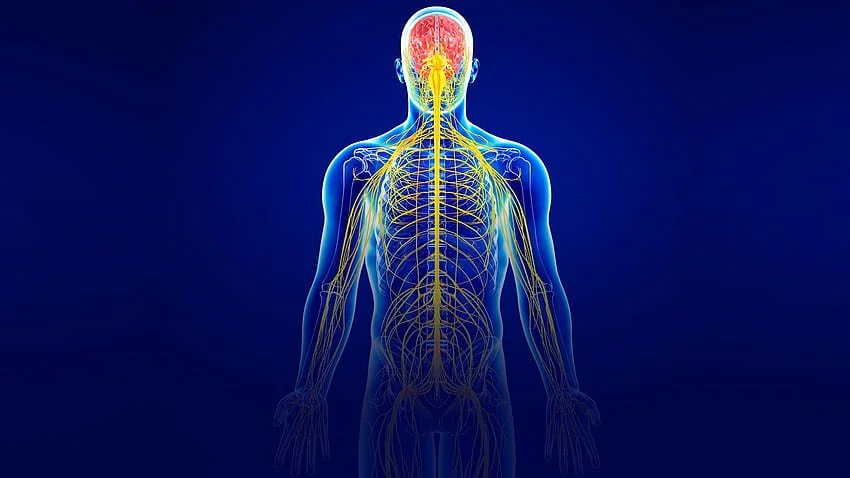Healing generational trauma requires more than awareness—it demands intentional action. Many of us inherit patterns of abuse, neglect, addiction, mental illness, social inequality, and other hardships from our family systems. These experiences, compounded by harmful environmental conditions, lack of resources, and systemic oppression, can shape our beliefs, behaviors, and emotional responses. Understanding these patterns through the lens of attachment theory and developmental theory is a vital first step toward breaking the cycle.
Parts of Me… Introduction into Trauma, Emotional “Parts” & Structural Dissociation
Trauma is the physiological and psychological response to deeply disturbing or distressing events that overwhelm our ability to cope, leading to profound feelings of helplessness and hopelessness protecting ourselves (or others we care about like parents or siblings) when faced with real (or perceived) threats.
When left untreated, patterns of disturbance which are experienced for more than 1 month after a traumatic event has occurred, and cause significant disruption in social and occupational areas of one’s life often become what is known as Post-Traumatic Stress Disorder (PTSD).




